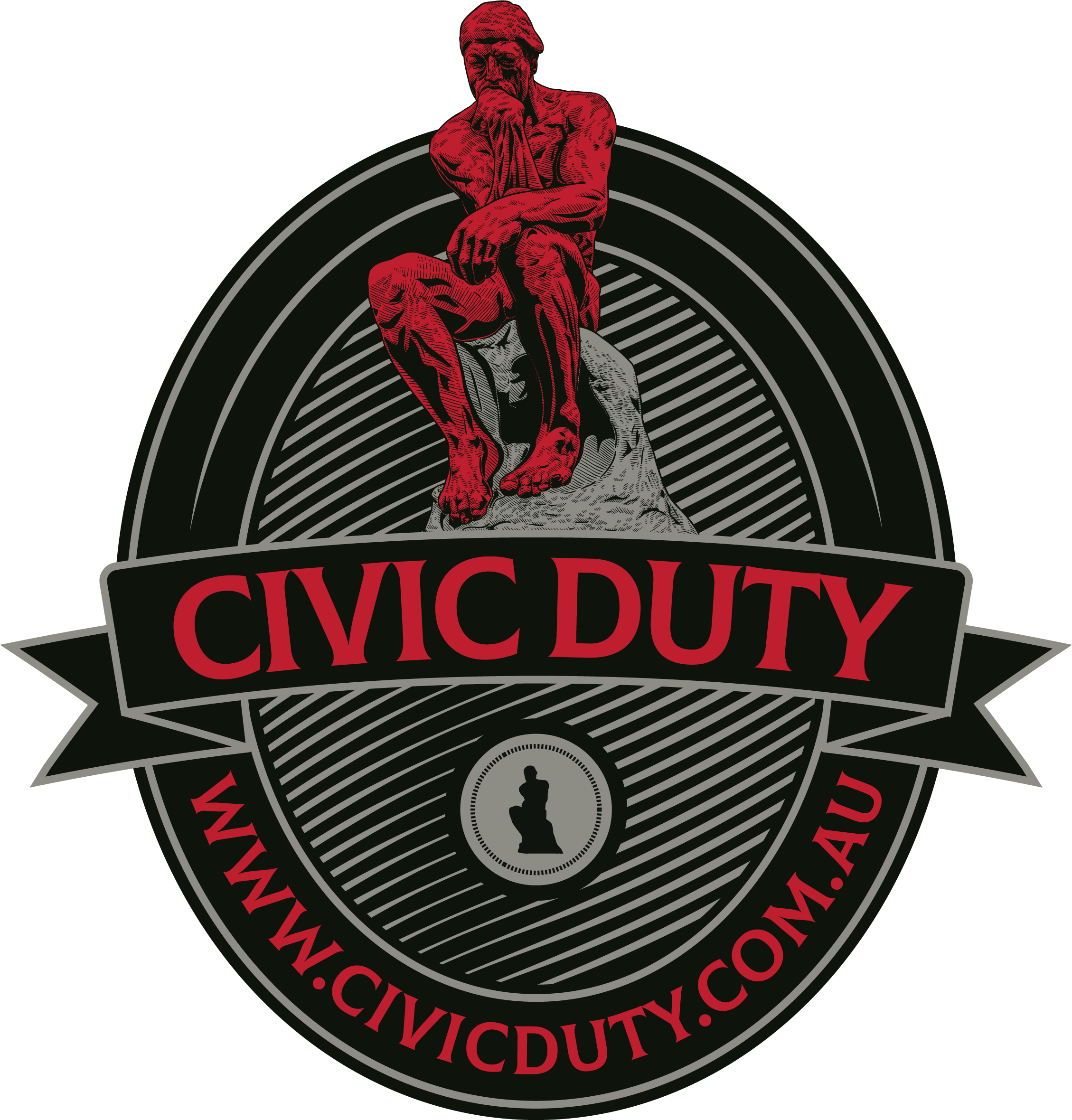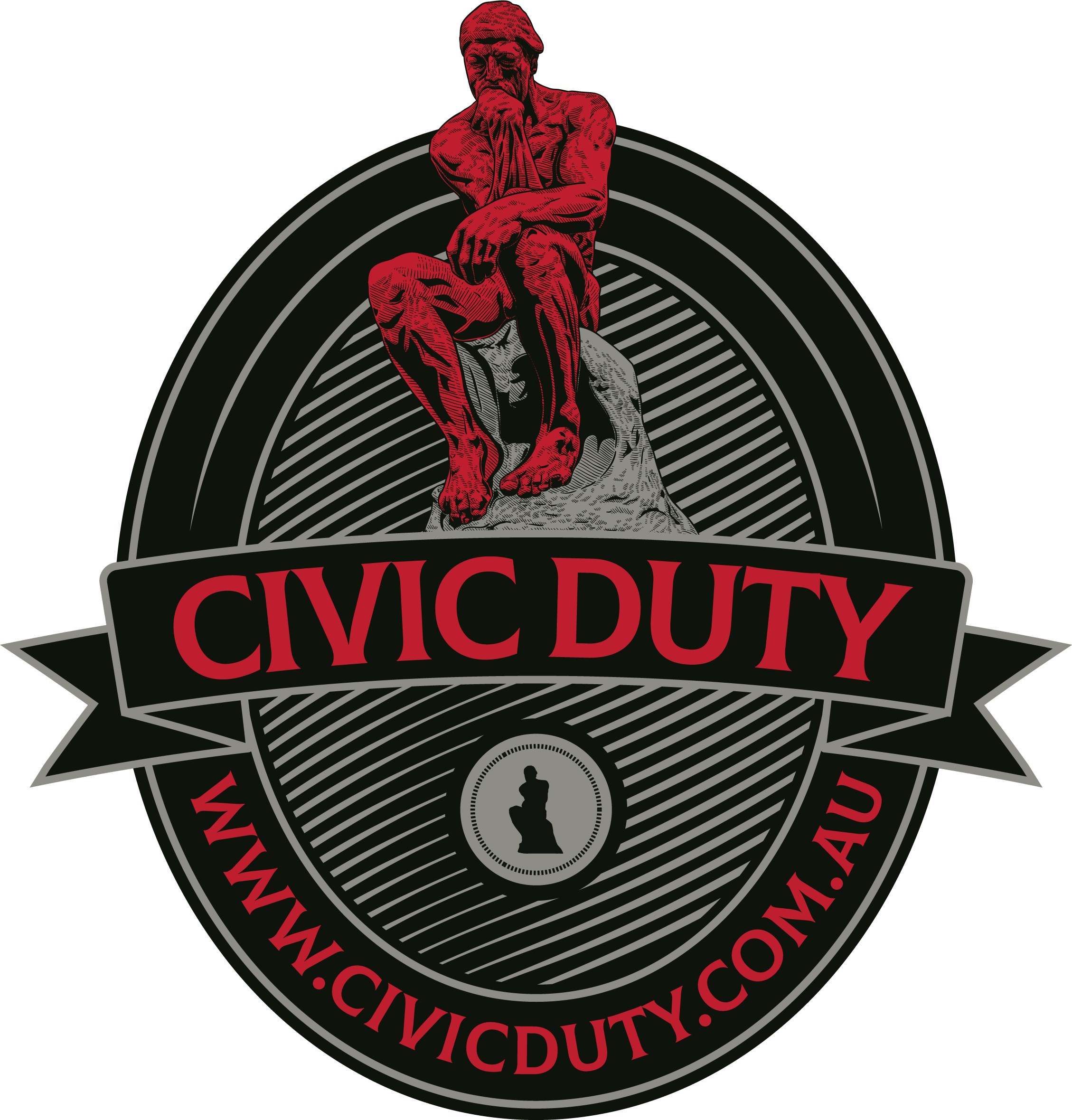Divine Heritage of Olympus: The Pantheon of Deities
Table of Contents
Introduction
The royalty of Olympus stands as a magnificent tapestry intricately woven with tales of power, passion, and mythology. Ancient Greece bestows upon us a pantheon of gods and goddesses who governed various aspects of human life and nature. Their stories, vibrant and titanic, reverberate through time, illustrating ideals, failures, triumphs, and the eternal conflict between fate and free will.
The Olympian Royalty
The royalty of Olympus primarily consists of the twelve major deities known as the Olympians. While their individual narratives are distinct, together they encapsulate a divine rule that shaped the ancient world.
| Deity | Domain | Symbol | Personality Traits |
|---|---|---|---|
| Zeus | Sky and Thunder | Lightning Bolt | Authoritative, Just, Unfaithful |
| Hera | Marriage and Family | Pomegranate | Protective, Jealous, Regal |
| Poseidon | Sea and Earthquakes | Trident | Moody, Powerful, Impulsive |
| Athena | Wisdom and War | Owl | Strategic, Wise, Compassionate |
| Aphrodite | Love and Beauty | Dove | Passionate, Alluring, Capricious |
Key Deities of Olympus
While all Olympians hold importance, some are particularly significant due to their extensive influence on mythology and humanity. Below are the prominent figures among the royalty of Olympus.
- Zeus: King of the gods, wielding thunder and ruling the sky.
- Hera: The queen of Olympus, protector of marriage and women.
- Poseidon: God of the sea whose mood swings could lead to storms or calm seas.
- Athena: Praised for her wisdom in battle and strategies.
- Aphrodite: The embodiment of love and beauty, enchanting all who crossed her path.
Goddesses and Gods: Their Roles
The diverse roles of the royalty of Olympus can be illustrated through various themes frequently depicted in myths and ancient tales:
- War and Strategy: Figures like Athena emphasize intelligence on the battlefield.
- Love and Relationships: Aphrodite’s influence highlights the complexities and folly of love.
- Nature and Elemental Forces: Poseidon’s rule over water challenges humankind’s relationship with nature.
- Justice and Morality: Zeus embodies the principles of authority and justice, weighing moral dilemmas.
- Family and Power Dynamics: Hera’s character often reflects the challenges of family relationships among the gods.
Mythical Stories of Olympus
The rich stories woven around the royalty of Olympus extend beyond mere tales; they convey lessons, morals, and cautionary tales. Some notable myths include:
- The Trojan War: A clash fueled by divine quarrels and love, showcasing the involvement of multiple Olympians.
- The Labors of Hercules: A heroic saga marked by prodigious feats, orchestrated partly due to the will of the gods.
- The Creation of Pandora: A narrative about curiosity, consequences, https://royaltyofolympus.net/ and the divine impetus to explore human traits.
Influence on Culture and Modern References
The royalty of Olympus continues to inspire literature, art, film, and even psychology. Their archetypes appear in various forms:
| Medium | Reference | Example |
|---|---|---|
| Literature | Mythical Retellings | “Circe” by Madeline Miller |
| Film | Modern Adaptations | “Clash of the Titans” |
| Psychology | Archetypes | Joseph Campbell’s Hero’s Journey |
Conclusion
The royalty of Olympus remains a timeless testament to the human experience, a reflection of our virtues and vices. These divine figures, their intricate stories, and relationships provide a lens through which we can explore our own existence, reminding us that in every tale of power, love, and conflict, there are lessons to be learned and truths to be uncovered. As we delve into the realms of mythology, let us not forget that the legacy of Olympus is very much alive, continuing to influence us in ways both seen and unseen.

